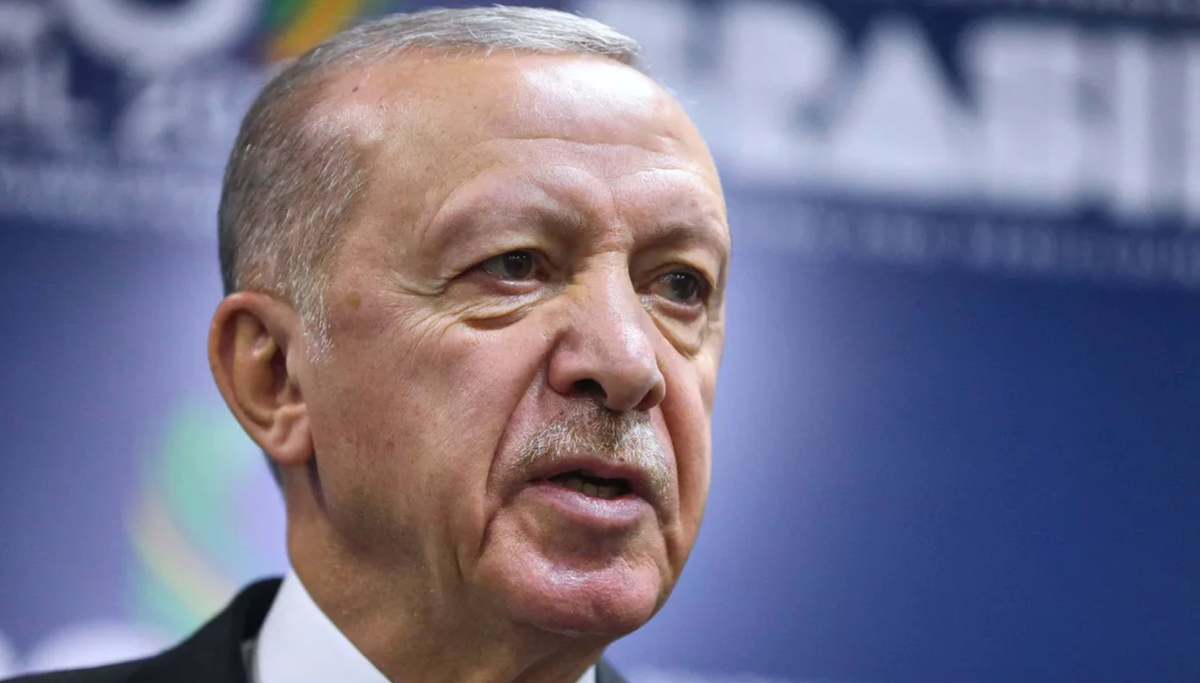Erdogan’s Turkey Expands Influence in Post-Assad Syria

With the fall of Bashar al-Assad, Turkey has emerged as a dominant player in Syria. President Recep Tayyip Erdogan, once a vocal critic of Assad, is now poised to visit Damascus, marking a significant moment in Turkey’s evolving role in the region.
A New Era in Syria-Turkey Relations
Back in 2014, Erdogan vowed to one day pray at the Umayyad Mosque in Damascus as a symbol of triumph over Assad’s regime. Nearly 11 years later, that vision is becoming a reality. Turkey, which had initially attempted reconciliation with Assad, is now positioned as a key power broker following the regime’s sudden collapse in December 2024.
In the wake of Assad’s fall, Turkey has established strong ties with Ahmad al-Chareh, the leader of Hayat Tahrir al-Sham (HTC), who now wields significant influence in Syria. The symbolic meeting between al-Chareh and Turkish Foreign Minister Hakan Fidan atop Mount Qassioun underscored Turkey’s growing presence in the region. Fidan framed Turkey’s involvement as a reflection of Syrian public will, though its deep connections with the new government reveal a more deliberate strategy.
Strategic Appointments Highlight Turkey’s Role
The transitional government established in December showcases Turkey’s influence through key appointments. Ayse Seyidoglu, a Syrian-Turkish official, now heads Syria’s Bureau of Women’s Affairs. Similarly, Assaad Hassan el-Chibani, the new Foreign Minister, graduated from Istanbul’s Sabahattin Zaim University and previously handled HTC’s external relations.
This level of involvement underscores Ankara’s significant network within HTC. According to experts, Turkey has provided HTC with both military and logistical support, including training centers in Idlib that helped professionalize the group. Turkey’s currency, the lira, dominates Idlib, and most humanitarian aid and goods entering the region flow through Turkish channels.
Nation-Building and Economic Ambitions
For Turkey, post-Assad Syria represents an unprecedented opportunity for nation-building. Erdogan himself has proposed transferring Turkey’s governance model to Syria, suggesting the creation of a new constitution and social contract. Analysts note that this is the most direct involvement Turkey has had in shaping a nation, aside from its long-standing administration in Northern Cyprus.
Economically, Turkey aims to capitalize on Syria’s reconstruction, a project estimated to require hundreds of billions of euros. Turkish construction firms, closely linked to Erdogan’s administration, are poised to rebuild infrastructure, including rail networks reminiscent of the Ottoman-era Hejaz Railway. Additionally, Turkey plans to renovate the Damascus tomb of Sultan Mehmed VI, a symbolic nod to its historical ties.
Challenges in the Kurdish Conflict
Turkey’s growing influence in Syria also aligns with its goal of dismantling the Kurdish-led autonomous region in northeastern Syria. Erdogan has long viewed the Syrian Democratic Forces (SDF), dominated by Kurdish groups like the YPG, as an extension of the PKK, which Turkey considers a terrorist organization.
Recent agreements among Syrian armed groups, excluding the SDF, point to a coordinated effort to marginalize Kurdish forces. Turkey, through its proxy militias in the Syrian National Army (SNA), hopes to launch a final offensive against Kurdish-held territories. Erdogan’s statements celebrating the presence of “free Syrian flags” in cities like Aleppo and Manbij underscore this intent.
A Pivotal Moment for Erdogan’s Vision
Erdogan’s anticipated visit to Syria reflects his ambition to solidify Turkey’s role as a regional power. As Turkish-backed militias coordinate with Damascus to advance Ankara’s interests, the country’s influence is reshaping the Syrian landscape. Whether this influence leads to stability or further conflict remains to be seen, but for now, Turkey stands as a central figure in post-Assad Syria.
Comments ()